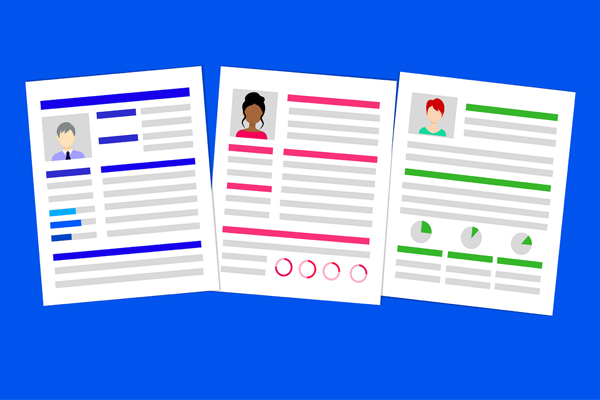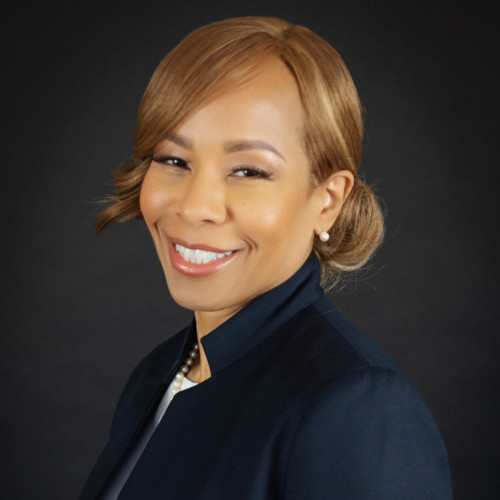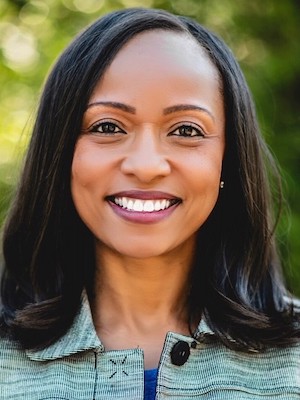The diverse pipeline problem is ‘a fallacy’, according to the findings of a new study from Talenya.
According to the AI-powered diverse talent sourcing provider, there has never been a more talented, diverse population of recruitable individuals; when considering both race and gender. So why can’t businesses find them? It blames the “resume skills gaps” and “antiquated & ill-equipped technology” for failing to uncover qualified, diverse candidates.
According to Talenya’s latest study, minorities and women tend to share significantly less skills on their resumes/CVs compared to their White male counterparts, which has simply made it harder to find them using current search methods. The report, entitled Exploring The Recruitment Pipeline Fallacy: Resume Skill Gaps Bury Underrepresented Minorities, analysed over 10 million candidate profiles to figure out why current recruiting systems weren’t surfacing qualified, diverse candidates for the hundreds of thousands of recruiters who are actively searching for them.
DIVERSE TALENT & RESUME SKILL GAPS
Interestingly, the research revealed White males list, on average, 77 skills on their public profiles; compared to just 68 for Asian, 63 for women, 47 for Black/African American and 37 for Hispanic candidates. Women also tend to write less text describing their career and achievements on their profiles. Additionally, women write, on average, 34.2% less text on their public profiles on social sites like LinkedIn. However, writing less/listing fewer skills works against them as recruiters are likely to consider sparse text on a profile as a reason to overlook or simply ignore candidates.

The report also found that Black/African American candidate profiles have 26% less photos than their White counterparts. That works against them too, because people without photos on their profiles are significantly less likely to be viewed and contacted by recruiters. The findings were consistent across industries and job seniority; revealing that the discrepancy is not necessarily a fair representation of talent capabilities, but instead a reflection of the way diverse talent describe themselves.
So the problem isn’t that there’s a lack of talented, diverse recruitable talent, according to Talent. The problem is that the current search tools/processes used by recruiters are based on an “antiquated technology”, which is “ill-equipped” to find them.
LEVELLING THE PLAYING FIELD
To help fix this issue, Talenya has launched a new Diversity AI tool to help uncover and engage with significantly more qualified and diverse talent. Rooted in deep machine learning, Talenya’s Diversity AI solution removes intrinsic biases automatically in a way that traditional tools can’t. It claims its solution can not only “level the playing field for all talent, regardless of race, gender, gender identity, age or disability – allowing them to be visible in the pipeline”; but is capable of doubling, or even tripling, the representation of minority and female talent in the candidate pipeline.
Xerox’s EVP and Chief Human Resources officer Suzan Morno-Wade confirmed that Talenya’s AI software has helped to increase the number of diverse candidates that she was looking for. “Part of our diversity, inclusion and belonging strategy focuses on having a diverse pipeline to ensure incoming talent better reflects the markets and communities we serve. To accelerate our progress, we started using Talenya’s AI-software in 2020 to help increase the candidate pool of women and people of colour,” she explained. “Within a few months, we have improved candidate representation of Female, Black/African American and Veterans in our hiring pipeline.”

A GAME-CHANGER IN DIVERSITY HIRING
In fact, DE&I expert Tamika Curry Smith, who recently joined the Talenya Advisory Board, confirms she got involved with Talenya because she sees the “potential for its technology to truly be a game changer”. Smith, who most recently served as Vice President of Global Diversity and Inclusion at Nike, and held previous DE&I roles with brands such as Mercedes Benz USA, Target Corporation and Deloitte, believes CEOs, senior leaders, hiring managers and recruiters need to “rethink the way they view talent and where they look for talent”.

“Talent is equally distributed, but opportunity is not. There are plenty of qualified women and people of colour in the pipeline. But the systems recruiters currently use tend to find and accept candidates who write resumes and professional bios in a certain way; the ‘standard’ way, which typically reflects the majority profile (male and white). This often results in diverse talent getting a lower prioritisation on keyword-based search results,” she pointed out. “Talenya addresses this issue by using artificial intelligence to find diverse talent that otherwise might be missed by recruiters using traditional methods.”







































